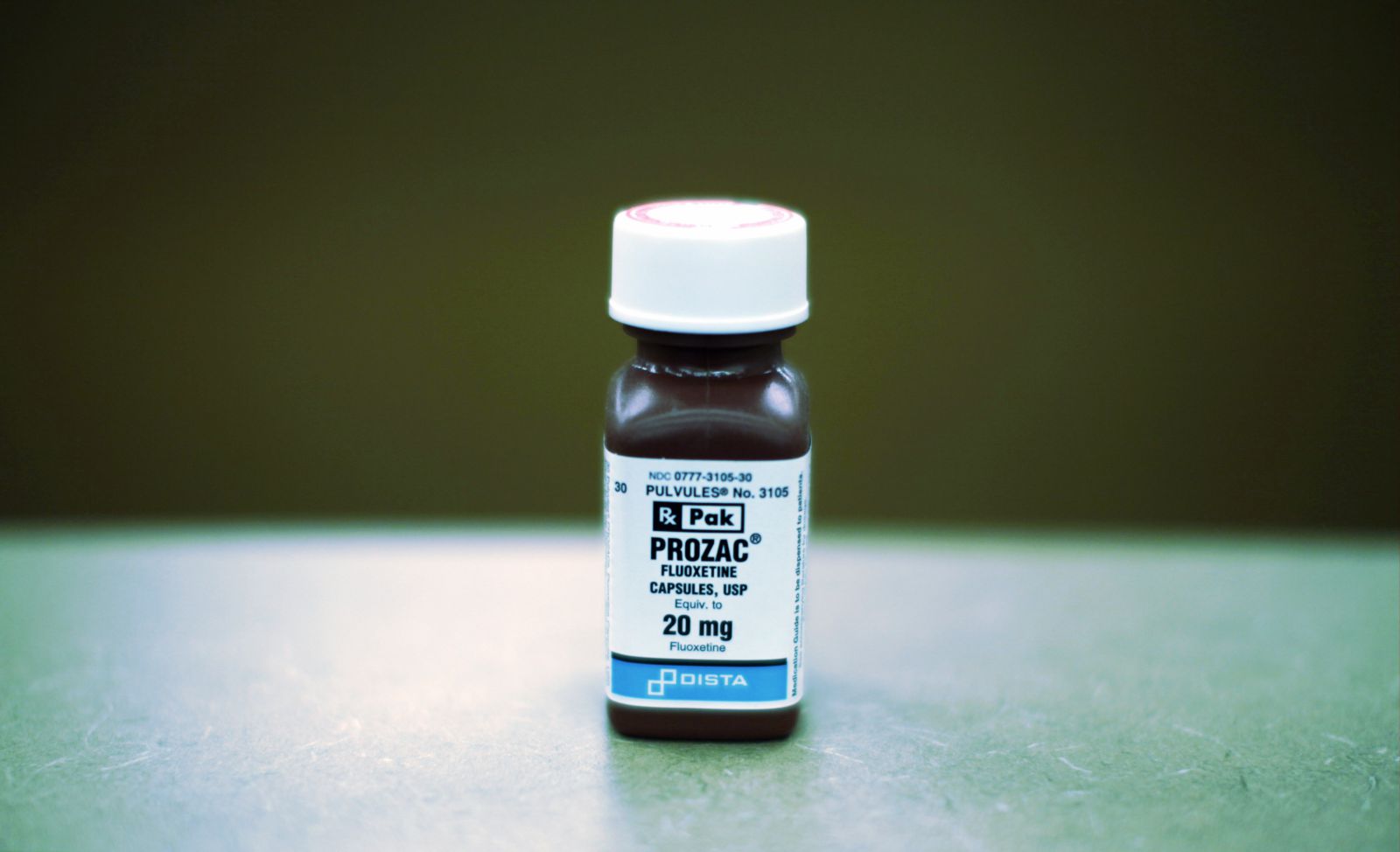Researchers are still working to prove that antidepressants are more effective than placebo
Antidepressants have been approved by the US Food and Drug Administration (and comparable regulatory agencies in other countries) and prescribed by medical professionals for decades. Researchers, though, are still working to definitively establish that antidepressants are more effective than placebo.


Antidepressants have been approved by the US Food and Drug Administration (and comparable regulatory agencies in other countries) and prescribed by medical professionals for decades. Researchers, though, are still working to definitively establish that antidepressants are more effective than placebo.
A paper published in Lancet today (Feb. 21) shows that, according to a meta-analysis of 522 trials, 21 commonly used antidepressants are all more effective than placebo. The meta-analysis includes data on 116,477 patients total, from double-blind, randomized controlled trials published between 1979 and 2016. The researchers found that antidepressants led to a greater reduction in depressive symptoms than placebo over the first eight weeks of treatment.
To the millions of people who benefit from antidepressants, these results may seem obvious. From a scientific perspective though, they’re highly contested. That this paper is considered groundbreaking enough to be published in a major medical journal speaks to the lack of clear data around antidepressants. And, though the meta-analysis is strong, this paper is unlikely to conclusively end the debate over the efficacy of antidepressants.
Much of past evidence suggesting antidepressants are no more effective than placebo comes from the work of Irving Kirsch, associate director of the Program in Placebo Studies at Harvard Medical School. Crucially, Kirsch’s 2008 meta-analysis showing antidepressants are no more effective than placebo included data sent by pharmaceutical companies to the Food and Drug Administration to approve various antidepressants—which Kirsch obtained through the Freedom of Information Act. The FDA demands pharmaceutical companies provide data on all the clinical trials they sponsor—including unpublished trials. “This turned out to be very important,” wrote Kirsch in a 2014 paper. “Almost half of the clinical trials sponsored by the drug companies have not been published.”
Scientists on both sides of the debate have published various meta-analyses claiming to conclusively show that antidepressants are or are not more effective than placebo—and neither accepts the other’s evidence. There have been findings that counter Kirsch’s work and show antidepressants are truly effective, which Kirsch in turn rejected through his own research.
Accusations of bias on either side are unlikely to go away. Pharmaceutical companies funds the majority of studies on antidepressants, and they have a clear financial interest in the success of these drugs. Of the 522 trials in the newly published meta-analysis, 409 were funded by pharma companies. “Forty-six (9%) of 522 trials were rated as high risk of bias, 380 (73%) trials as moderate, and 96 (18%) as low,” note the authors.
Another challenge is the heterogeneous nature of depression patients, who respond differently to different antidepressants. “Some antidepressants were more effective than others, with agomelatine, amitriptyline, escitalopram, mirtazapine, paroxetine, venlafaxine, and vortioxetine proving most effective, and fluoxetine, fluvoxamine, reboxetine, and trazodone being the least effective,” write the authors of the newly-published Lancet paper.
Of course, if one drug were always more effective than the others, then we wouldn’t need so many antidepressants—doctors could simply prescribe the best one to all patients. But different patients respond very differently to the same drug. This is likely in part due to the extremely broad medical definition of “depression”; many people are classified as having the same disorder, even if the underlying biological and social influences causing the illness vary considerably.
“Some people really respond, some don’t respond at all, and everything in between,” Steve Hyman, director of the Stanley Center for psychiatric research at the Broad Institute of MIT and Harvard, previously told Quartz.
Finally, there’s the issue of long-term effectiveness. The latest meta-analysis only looks at eight weeks of treatment. There are several studies showing that though antidepressants produce strong results in the short-term, non-medication-based treatment options have better effects in the long-term.
Antidepressants became popular in part because so many people benefitted. For those whose symptoms diminish after taking the drugs, no study or meta-analyses should influence their decision to make use of such effective treatment.
On a broader scale though, it’s concerning that research showing antidepressants are more effective than placebos is considered exciting new evidence after so many decades of widespread use of these drugs. Contemporary western psychiatry relies heavily on antidepressants to treat depression and presents it as the most scientific, enlightened approach to the illness. From a strictly scientific perspective, though, the evidence is pretty mixed.